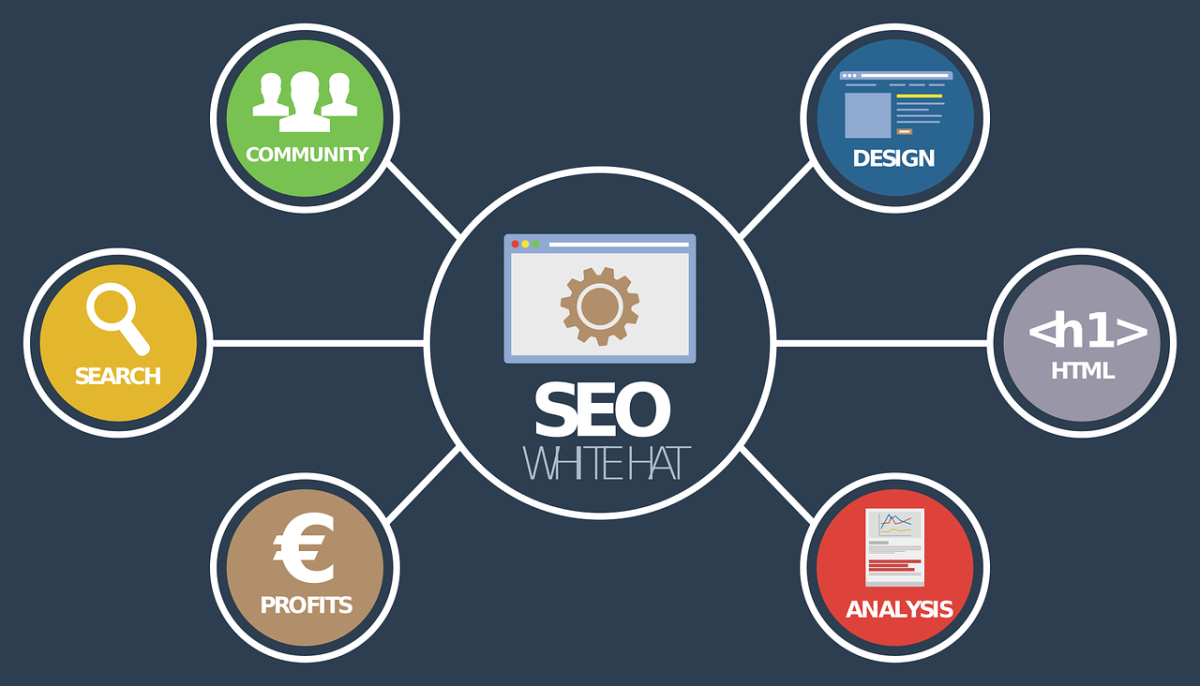Minifying CSS can indirectly benefit your website’s SEO by improving page load times and user experience. However, it’s not a direct ranking factor used by search engines like Google. Here’s how minifying CSS can impact SEO:
Minifying CSS involves removing unnecessary whitespace, and comments, and reducing the file size by shortening class and ID names. This results in smaller CSS files that can be downloaded and parsed by the browser more quickly. Faster page load times are important for SEO because Google considers site speed as a ranking factor.
Better User Experience: A faster website enhances the user experience. Visitors are more likely to stay on and engage with a site that loads quickly, which can lead to lower bounce rates and higher user satisfaction. These user experience metrics indirectly contribute to better SEO rankings.
Mobile Friendliness: Mobile users, in particular, benefit from minified CSS because it reduces the amount of data that needs to be transferred over mobile networks. Google places great importance on mobile friendliness and mobile page speed, both of which are crucial for SEO.
Crawling and Indexing: Faster page load times can also help search engine bots crawl and index your site more efficiently. This can improve the visibility of your content in search results.
While minifying CSS is generally a good practice for website performance and indirectly beneficial for SEO, there are a few important considerations:
Content Must Remain Intact: When minifying CSS, it’s essential to ensure that the essential styling elements and formatting are not removed or altered in a way that affects the appearance or functionality of your website. Testing is crucial to prevent any visual or functional issues.
Use a Caching Plugin: Minification of CSS and other assets is often best performed alongside browser caching to maximize its benefits. Caching reduces server load and helps deliver a faster experience for returning visitors.
Balanced Optimization: Balance the optimization of CSS with the need for maintainable and readable code. Sometimes, overly aggressive minification can make your CSS hard to work with for developers, so it’s important to strike the right balance.
Other Performance Factors: While minifying CSS is beneficial, remember that it’s just one aspect of website performance. Other factors, such as optimizing images, reducing server response times, and leveraging content delivery networks (CDNs), also contribute to faster load times and improved SEO.
Minifying CSS can improve website performance and indirectly benefit SEO by enhancing page load times and user experience. When implementing minification, be mindful of maintaining the correct rendering and functionality of your site, and consider it as part of a broader SEO strategy that includes various performance optimization techniques.
